

3:00 am IST - 4:00 am IST
Past Event
Content from the Brookings Institution India Center is now archived. After seven years of an impactful partnership, as of September 11, 2020, Brookings India is now the Centre for Social and Economic Progress, an independent public policy institution based in India.
Brookings India in collaboration with National Institute of Public Finance and Policy (NIPFP) and Auro University, Gujarat organized a seminar by Professor Raymond Duch on 14 January 2016 at the NIPFP campus in New Delhi.
Professor Ray is Director of the Nuffield Centre for Experimental Social Sciences (CESS) at the University of Oxford. Professor Ray presented his research which focused on experimental evidences to highlight that the rich individuals who demonstrate high levels of ability or efforts are much less likely than others to comply with taxation. The conclusions drawn from this study have significant implications ranging from designing of tax structures to the overall welfare effects on the society.
Context of the study
Across the globe, economic inequalities are growing at a very rapid pace and redistributive taxation has been well accepted as a policy instrument. But this idea rests on an important assumption that the rice people actually pay their taxes. The experimental study conducted by Professor Ray indicates that the subjects who perform better on the real effort tasks, who typically are rich people, show greedier behavior and thus are more likely to resist paying taxes.
The study explored the following five conjectures regarding the intrinsic motivations for tax compliance-
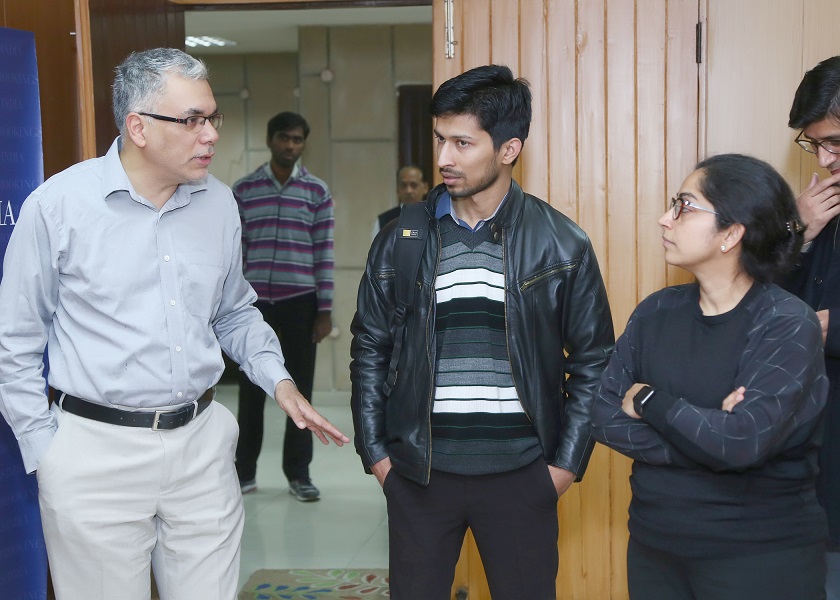
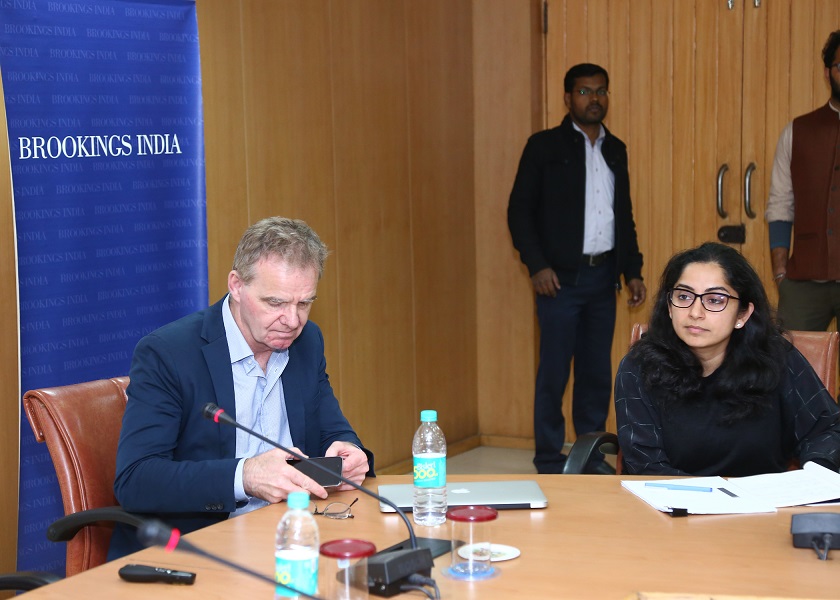
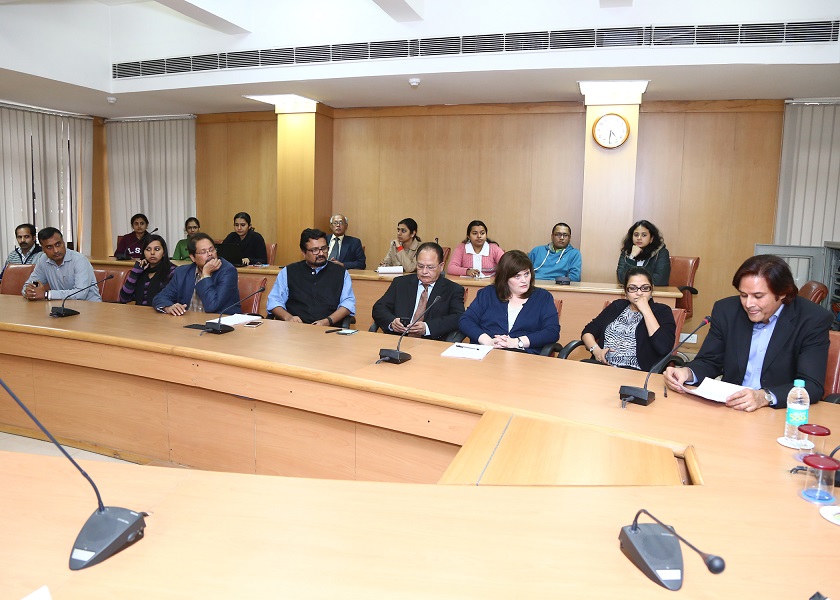
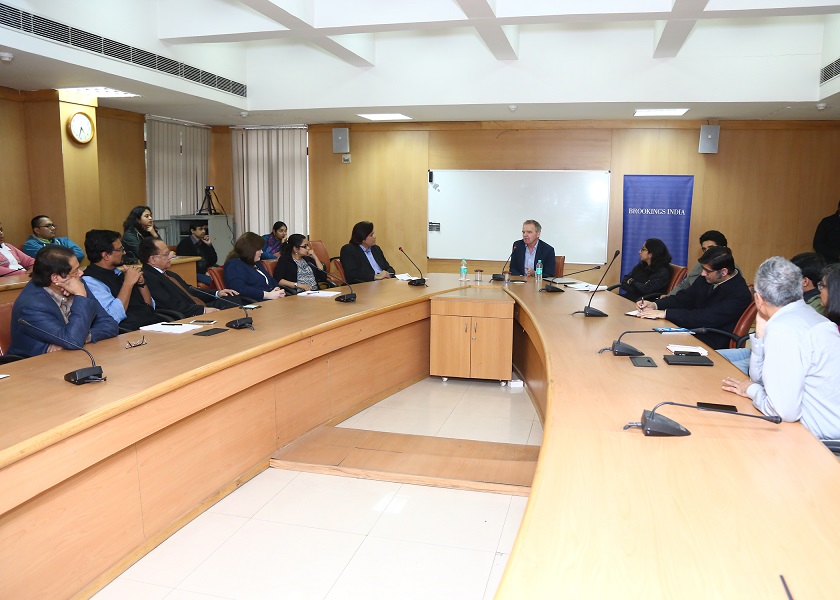
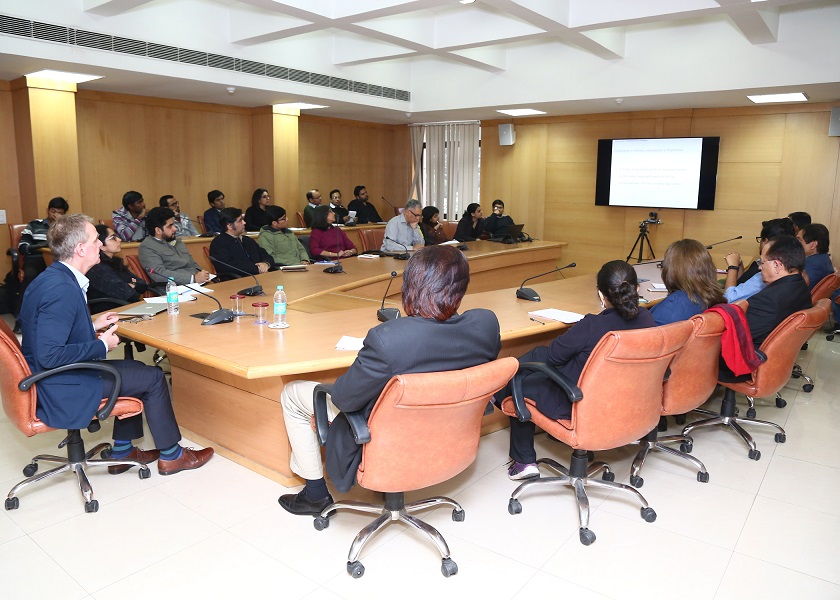
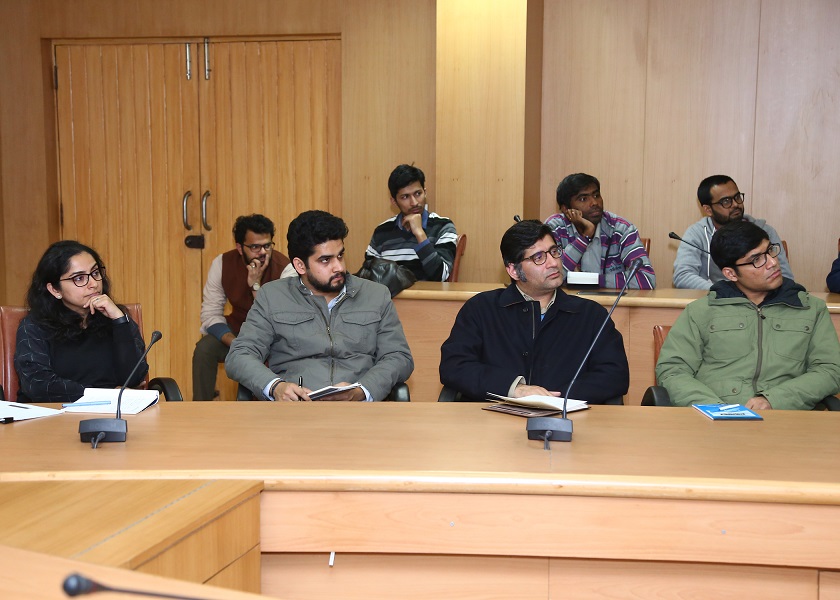
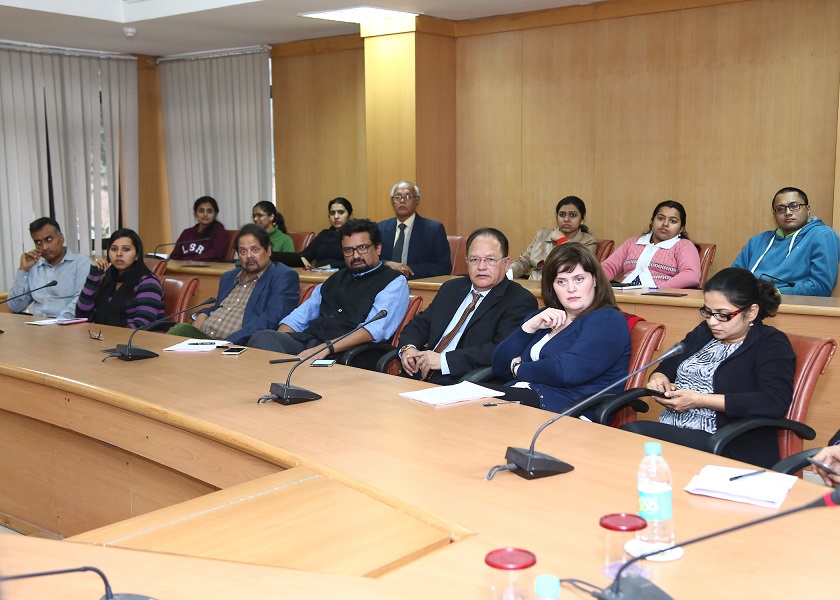
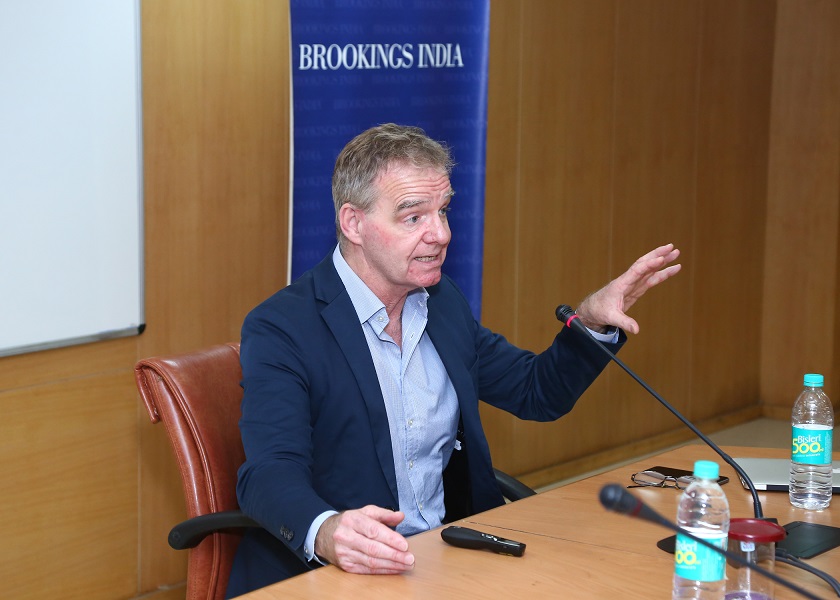
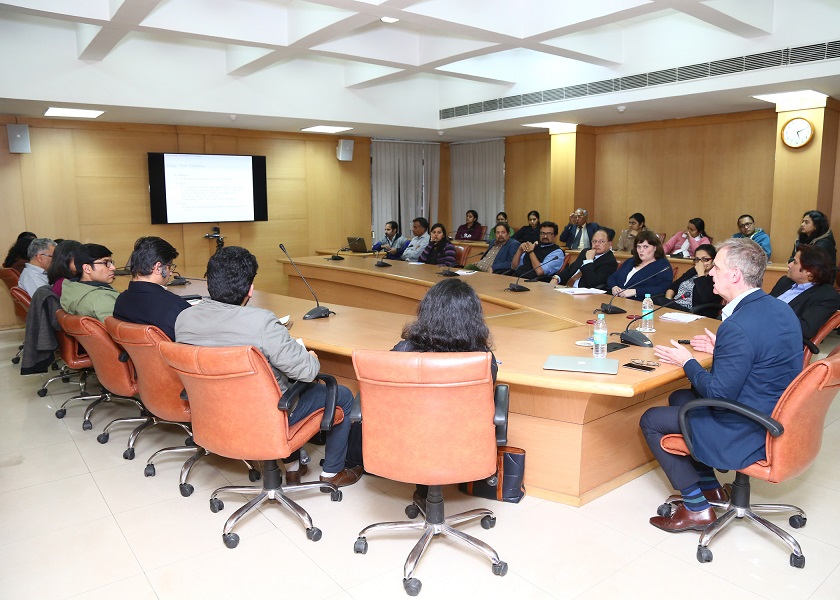
Key highlights of the experiment –
The subjects were tested under different treatment effects such as baseline, status and shocks in order to explore alternative causal mechanism of ability and cheating but the experimental results remained highly robust, indicating a consistent greedier behavior by relatively better off individuals.
Conclusion –
The cheating behavior of individuals has been well linked to both the ability and the wealth possessed by individuals. In this study, the experiment treatments were specifically designed to segregate the effect of ability and wealth as an explanation for the cheating behavior. The experimental results of this study very strongly establishes the causal claim that ability triggers cheating and since individuals with higher ability are potentially rich so this study raise serious doubt over the redistributive taxation as a policy instrument to regulate the rising inequalities.
The result of this study is in coherence with the heterogeneous effect that Dwenger et al. (2015) report for their “compliance” rewards treatments and other similar experimental studies conducted in the recent past. There is convincing evidence from these studies that there are ‘types’ in the population who have weak intrinsic motivations; in particular, a higher likelihood for cheating. As an evidence of this claim, it is no surprise to observe that with the advance of globalization and technological advances in financial transactions, the rich have availed themselves of tax havens and banking services that allow them to evade taxes. The asymmetry in intrinsic motivations of rich and poor to comply with the taxation regime, very likely contributes to the persistent inequality that we observe in the modern capitalist economies.
The importance of the study lies in the fact that not only does it raise doubt over the efficacy of the redistributive taxation as a policy instrument to control the growing inequalities but it also help explain the growing inequalities per se i.e. to say that the policies relying on intrinsic motivation or reputational concerns to ensure tax compliance may actually reinforce post-tax income and thus accentuate rather than to regulate economic inequalities.
More information about Professor Raymond Duch and his pioneering work can be accessed at Link
Full video of the seminar: Link
Like other products of the Brookings Institution India Center, this report is intended to contribute to discussion and stimulate debate on important issues. Brookings India does not have any institutional views.

Rahul Tongia, Anurag Sehgal, Puneet Kamboj
2020
Online Only
Tuesday, 4:00 am - 5:40 am IST

Saneet Chakradeo
August 18, 2020